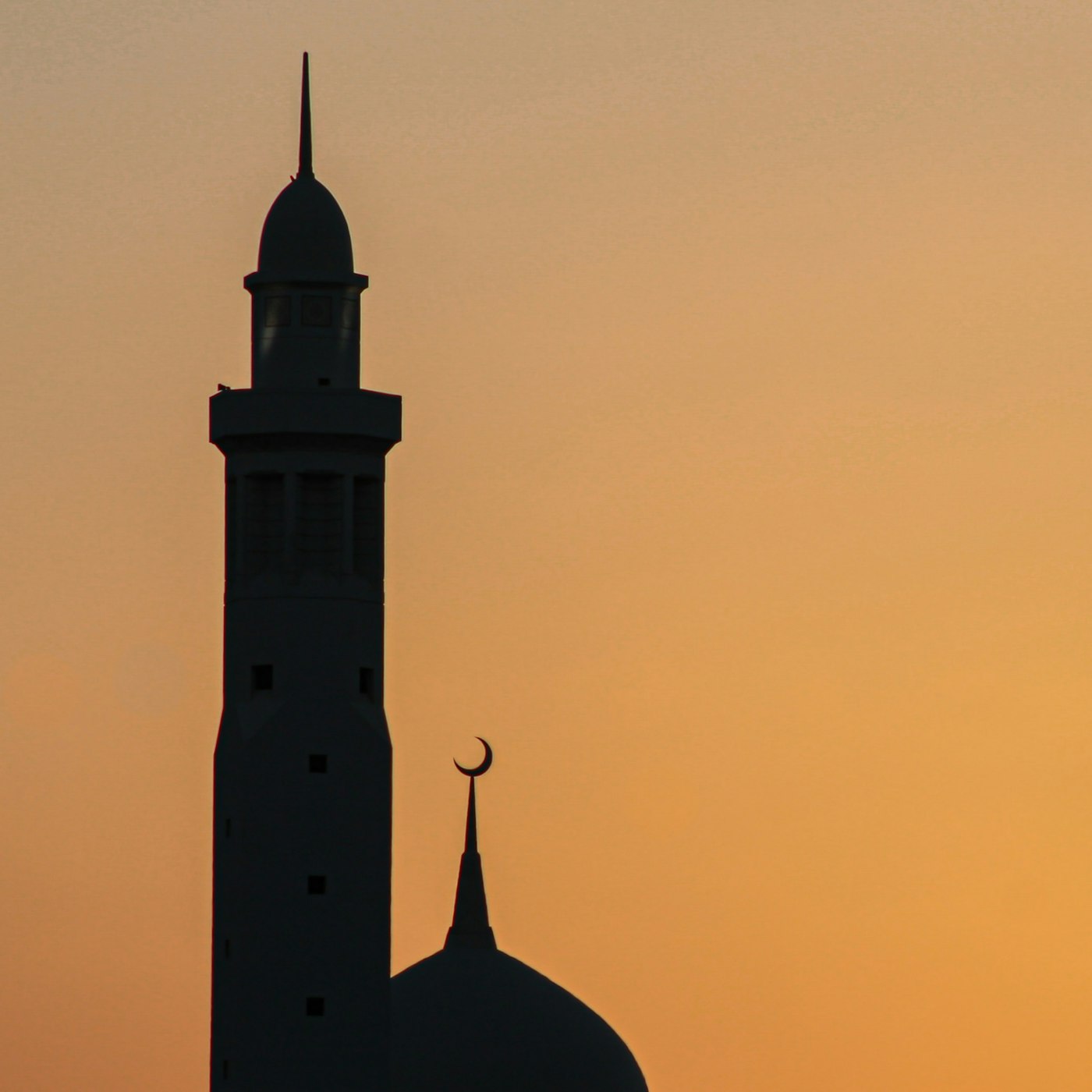Ramadan as an Avenue of Healing for My Eating Disorder
by Jeanine Hourani in Ramadan on 22nd March, 2023
Disclaimer and Trigger Warning: This article, or pages it links to, contains information about eating disorders that may be triggering.
Every Ramadan, my social media is flooded with posts and articles about how the month, broadly, and fasting, specifically, can be a trigger for people with or recovering from disordered eating. As someone who has been recovering from an eating disorder for the past five years, it is true that I am often triggered during Ramadan.
I feel dangerous habits and thought patterns seeping back in. But at the same time, the month also helps me in my recovery; this notion of faith and fasting as avenues for healing doesn’t get anywhere near as much attention as the negative aspects of Ramadan for those in recovery, but it’s just as important.
The regularity of meals during Ramadan means that I eat at the same time every morning and evening – give or take a few minutes. I have an Adhan alarm clock in my flat that indicates when my fast begins and ends. This level of consistency in my eating patterns is virtually non-existent during eating disorder relapses in which I demand, or expect, instant gratification: I don’t eat for a week and then go back to eating normally again; or I abuse laxatives and am in constant pain for a few days before I swear never to do it again, until the night before the next wedding or engagement party I’m invited to where I abuse laxatives again, and the cycle goes on. Through fasting, I’m able to build a routine around my eating: I know that time is essential in practising new ways and that building new habits doesn’t happen overnight; in Ramadan, the consistency in my eating pattern goes on for a month.
In the months leading up to Ramadan, life has usually gotten so busy that I’ve completely lost the ability to connect with my body, or even the awareness that I’ve lost this mind-body connection.
Every year, I look forward to Ramadan because it forces me to slow down, process, and take stock. When I’m fasting, I’m given the space and time I need to reconnect with my body; to listen to it and get back in touch with what it’s lacking, what it needs, what it craves. Usually, I actually find that I crave certain foods less during Ramadan, leading me to interrogate where these cravings actually come from. Fasting thus helps me to build a stronger relationship with my body and a better understanding of how to nourish it.
At a surface level, it can appear that the underlying function of fasting during Ramadan is deprivation. In reality, the month is about creating meaningful presence, both physically and mentally, and building knowledge of and connection to what is needed to sustain us as individuals and as a community.
The month requires us to reorient our psyche to focus on community building and community care through sharing food, communal prayer and ritual. Ramadan helps us to inhabit our bodies better by building consciousness around what we need – what gives us comfort, pleasure, and rest beyond the bounds of the material.
One of my favourite concepts in Islam is the concept of the Nafs – the self, the ego, the soul.
For me, Ramadan is all about the Nafs. It’s about replenishing the self and the soul in a meaningful and genuine way; the month serves as a reminder of the potential for a way of life that does not require constant consumption to experience satisfaction. The month of Ramadan is a rejection of hyper-consumerism and temporary pleasure through fleeting materialism.
Through letting go of the material, I am able to reach a level of spiritual consciousness that enables me to let go of ideals of beauty that usually take up far too much brain space and energy.
Ramadan is a time where I actively work to reaffirm my faith: I make a concerted effort to pray five times a day; I put together a reading list on Islam & Women and Feminist interpretrations of Quran & Hadith; and I actively make Iftar plans with new and old friends. All of these rituals, both modern and traditional, remind me what Ramadan and what Islam really mean to me – it’s about letting go of the material and the commodified, and focusing on self-betterment and community care. As someone recovering from an eating disorder, I don’t find Ramadan difficult. For me, the real challenge is maintaining and incorporating the healing aspect of Ramadan into my everyday life once the month is over.

